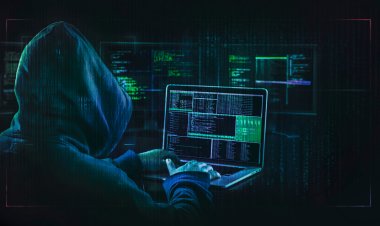Split Critical Infrastructure Bills to Enable Swift Government Intervention
As cyberattacks on vital infrastructure become increasingly complicated and common around the world, governments try to develop new strategies to combat the threatening situation.

Governments should be given the authority to interfere anytime an institution is the victim of a cyberattack, says Parliamentary Joint Committee on Information Security (PJCIS).
Security Law Amendment (Important Infrastructure) Measure 2020 is the bill in question, according to Fuentitech. As it stands, it gives governments the authority to interfere and assist entities in the event of a serious cyberattack on the Australian system, thereby reinforcing the country's most essential institutions. We're introducing proactive sector-specific security responsibilities while also developing cybersecurity obligations. PSOs are assigned to organizations that are part of the critical infrastructure.
Some of the laws, such as those addressing government support mechanisms and required notification requirements, do not require immediate passage; the less urgent portions of the legislation will be addressed in a separate bill after additional consultation. As a result of the legislation, this was introduced.
By taking a two-pronged strategy, PJCIS can immediately adopt laws to prevent the growing threat to Australia's critical infrastructure while allowing businesses and governments to relocate to the country's essential infrastructure over time. There will be more time to develop a regulatory structure that ensures security, because of this.
The adviser included additional suggestions on how the measure should be divided, in addition to the primary one
PJCIS aims to gain control of the country shortly. The mechanism for government assistance is often referred to as the last resort power. This entails giving the government the authority to collect information, take action, or advise organizations to allow the Australian Signal Authority (ASD) to intervene in cyber attacks. For example, the Interior Department has proposed installing software to help providers deal with attacks.
This bill contains several PSOs, including one that mandates that organizations notify the government immediately of a cyberattack.
According to PJCIS, last resort power should be introduced as a last resort, but major Australian technology businesses such as Amazon Web Services, Cisco, Microsoft, and Salesforce have reported concerns. According to him, he needed to work with them in order to be more specific about when and how they could utilize their power for good or evil.
Instead of relying on external resources, Google utilizes its own, and this does nothing but creates new difficulties.

 Alexander
Alexander 








